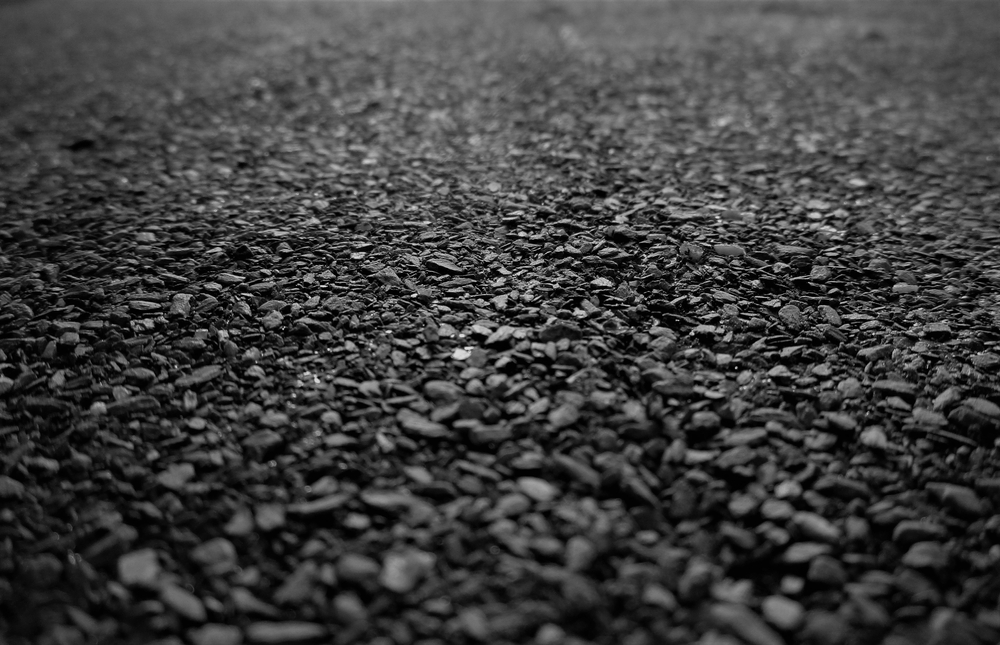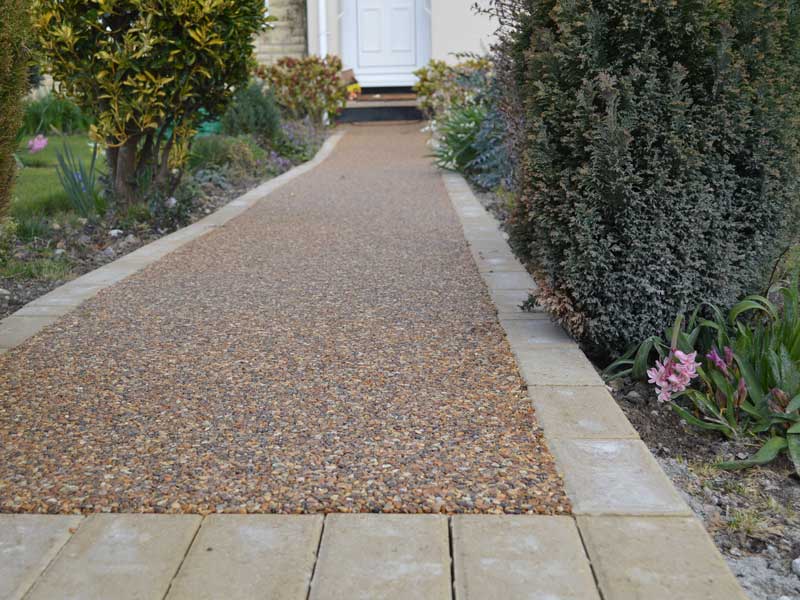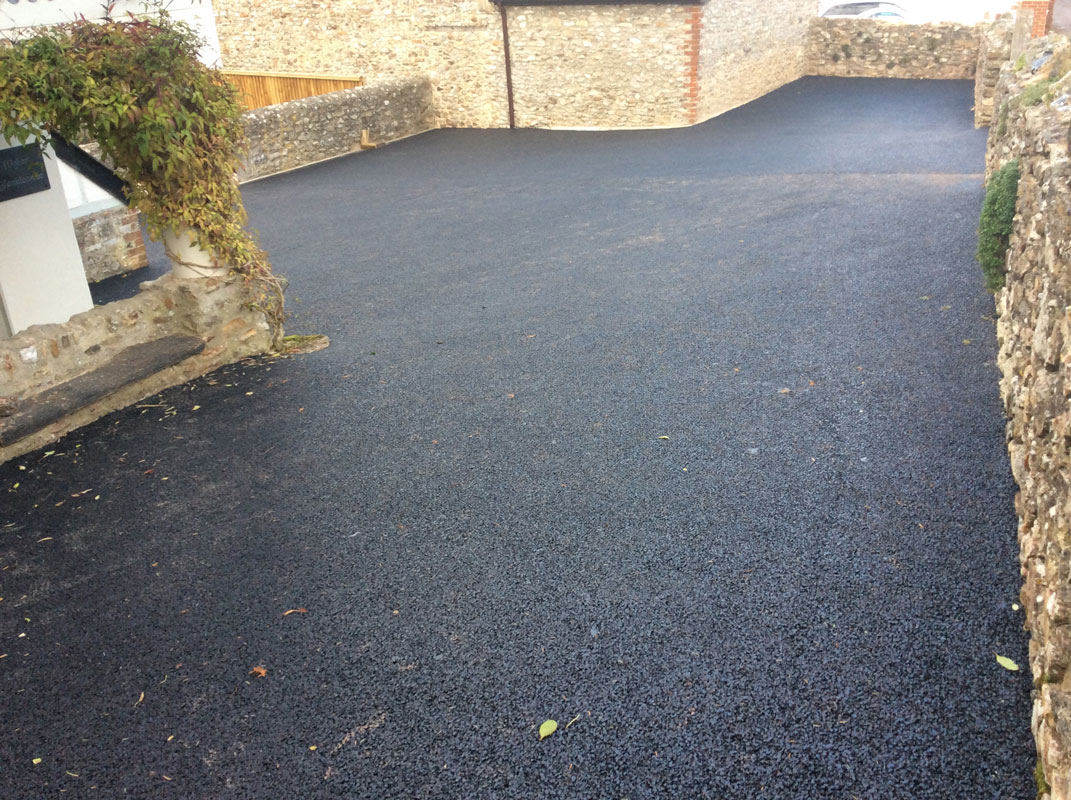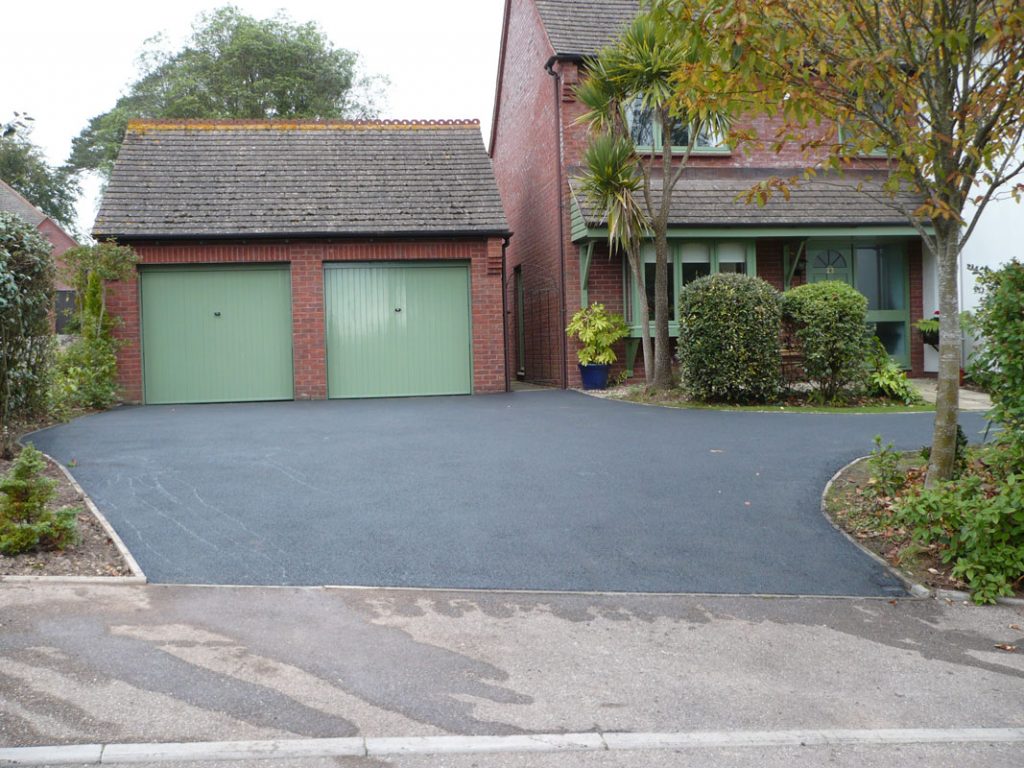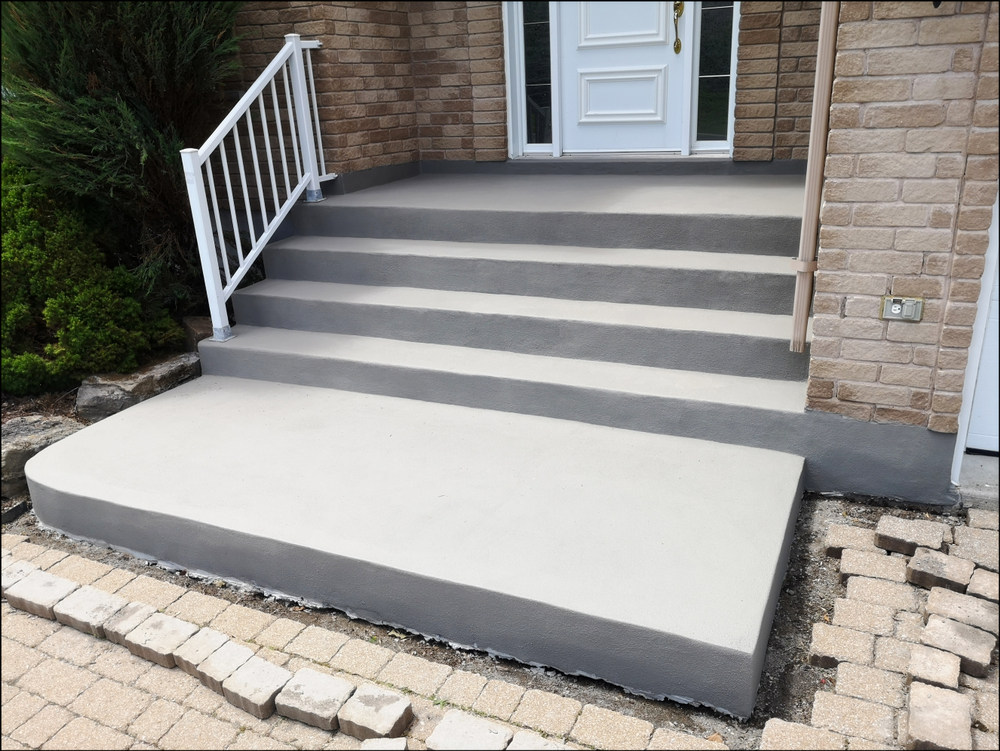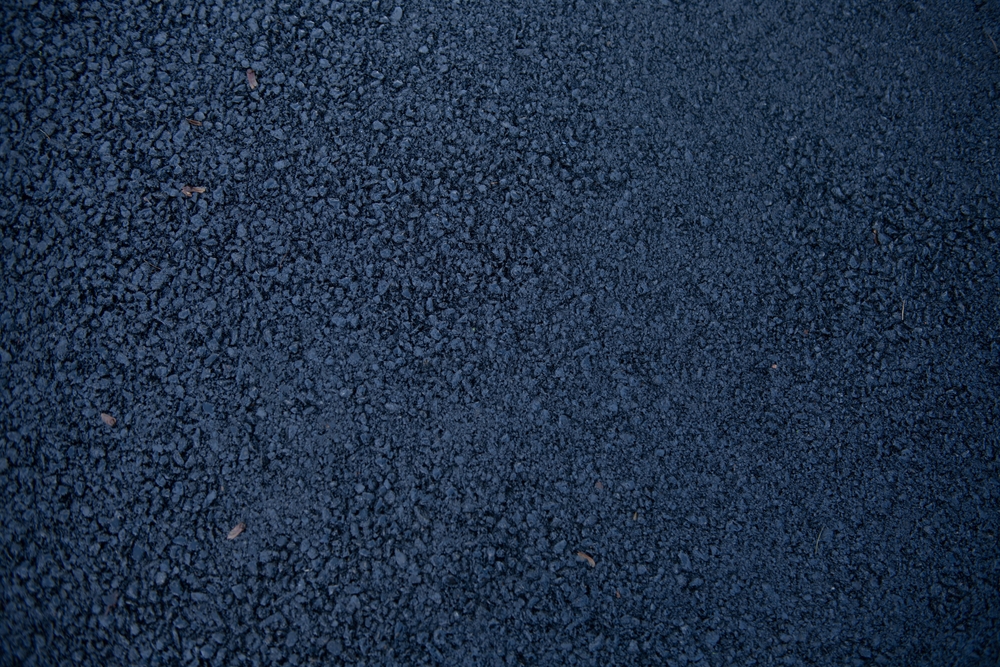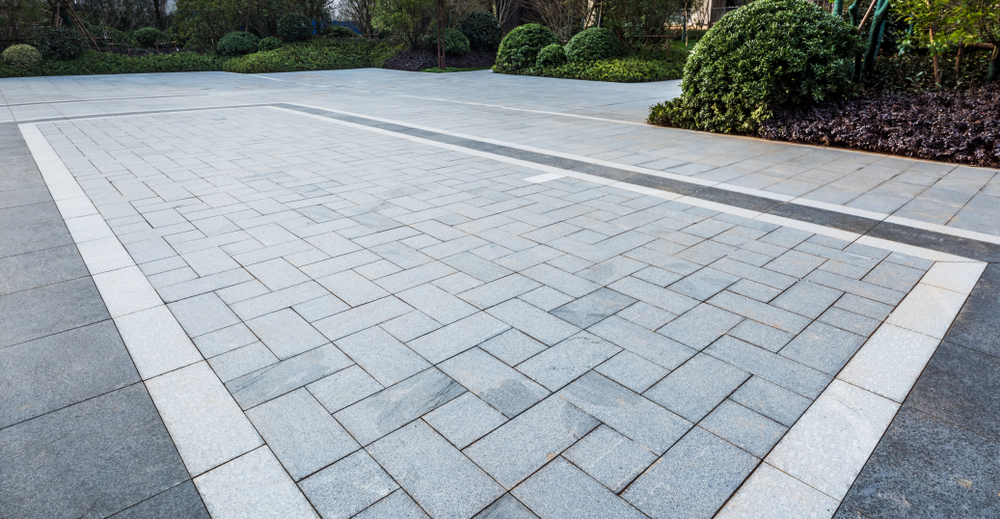Nov
How Much Does Tarmac Driveways Cost? A Comprehensive Guide
- 2023
- admin
If you are thinking of installing a new driveway for your residential or commercial needs, you might be wondering how much it would cost to have a tarmac driveway. Tarmac driveways are one of the most popular choices for residential and commercial property owners in the UK, as they offer a durable, low-maintenance, and attractive option for enhancing the curb appeal of your property.
However, the cost of installing a tarmac driveway can vary depending on several factors, such as the size and shape of your driveway, the quality and thickness of the tarmac, the preparation work required, and the contractor you choose.
In this blog post, we will provide you with a comprehensive guide on how much a tarmac driveway costs in the UK, based on the latest market data and industry standards. We will also discuss the factors that influence the cost of a tarmac driveway, as well as some tips and suggestions for saving money on your tarmac driveway project.
What is a Tarmac Driveway?
A tarmac driveway is a type of paved surface that is made from a mixture of crushed stone, sand, and bitumen (a sticky black substance derived from crude oil). The mixture is heated and poured onto a prepared base layer, and then compacted and smoothed with a roller. The result is a smooth and solid surface that can withstand heavy traffic and weather conditions.
Tarmac driveways have many benefits for homeowners, such as:
– Durability: Tarmac driveways are resistant to cracks, potholes, and weeds, and can last for up to 20 years or more with proper maintenance.
– Low maintenance: Tarmac driveways require minimal upkeep, as they only need to be swept and cleaned occasionally. They can also be easily repaired by patching or resurfacing if damaged.
– Aesthetic appeal: Tarmac driveways come in various colours and finishes, such as red, green, or black. They can also be customized with patterns or edgings to suit your personal taste and style.
– Cost-effectiveness: Tarmac driveways are generally cheaper than other types of driveways, such as concrete or block paving. They also add value to your home by improving its appearance and functionality.
Factors Influencing Tarmac Driveway Cost
The cost of installing a tarmac driveway can vary depending on several factors, such as:
Size and shape:
The larger and more complex the shape of your driveway, the more tarmac material and labour you will need, which will increase the cost. For example, a straight driveway will be cheaper than a curved or circular one.
Quality and thickness:
The quality and thickness of the tarmac material will affect the durability and appearance of your driveway. Higher quality and thicker tarmac will cost more than lower quality and thinner ones. The standard thickness for a tarmac driveway is 50mm (2 inches), but you can opt for 75mm (3 inches) or 100mm (4 inches) for extra strength and stability.
Preparation work:
The preparation work required for your driveway will depend on the existing condition of your site. If you have an old driveway that needs to be removed or levelled, or if you need to install drainage systems or sub-base layers, you will incur additional costs. The average cost of preparation work for a tarmac driveway is £30 to £50 per square metre.
Contractor:
The contractor you choose for your tarmac driveway project will also influence the cost. Different contractors may charge different rates depending on their experience, reputation, location, availability, and overheads. It is advisable to compare at least three quotes from different contractors before making a decision.
Cost Breakdown of Tarmac Driveways
To give you an idea of how much a tarmac driveway costs in the UK, we have prepared a detailed breakdown of the different cost components involved in installing a tarmac driveway.
The following table shows the average costs of materials and labour for installing a 50mm thick tarmac driveway in the UK:
| Cost Component | Average Cost per Square Metre |
| ————– | —————————– |
| Tarmac Material | £25 to £40 |
| Labour | £15 to £25 |
| Total | £40 to £65 |
The following table shows the average costs of materials and labour for installing a 75mm thick tarmac driveway in the UK:
| Cost Component | Average Cost per Square Metre |
| ————– | —————————– |
| Tarmac Material | £35 to £50 |
| Labour | £15 to £25 |
| Total | £50 to £75 |
The following table shows the average costs of materials and labour for installing a 100mm thick tarmac driveway in the UK:
| Cost Component | Average Cost per Square Metre |
| ————– | —————————– |
| Tarmac Material | £45 to £60 |
| Labour | £15 to £25 |
| Total | £60 to £85 |
Please note that these costs are only estimates and may vary depending on the specific factors of your driveway project. They also do not include the costs of preparation work, which can range from £30 to £50 per square metre. Contact Dares Surfacing and know the actual cost of your tarmac driveways project.
Average Cost Range of Installing Tarmac Driveways
Based on the above cost breakdown, we can estimate that the average cost range for a tarmac driveway in the UK is between £40 and £85 per square metre, depending on the quality and thickness of the tarmac material.
To give you a more concrete example, let’s assume you want to install a 50-square-metre tarmac driveway with a standard 50mm thickness. The average cost of this project would be:
– Tarmac Material: £25 x 50 = £1,250
– Labour: £20 x 50 = £1,000
– Total: £2,250
However, if you want to install a 50 square metre tarmac driveway with higher quality and thicker 100mm material, the average cost of this project would be:
– Tarmac Material: £55 x 50 = £2,750
– Labour: £20 x 50 = £1,000
– Total: £3,750
As you can see, the difference in the cost of the tarmac material can have a significant impact on the overall cost of your driveway project.
Additional Cost Considerations for Surfacing of Tarmac Driveways
Apart from the cost of the tarmac material and labour, there are some additional costs that you should be aware of when considering a tarmac driveway. These include:
VAT:
The standard rate of VAT for tarmac driveways in the UK is 20%, which will add to your total cost. However, some contractors may offer a lower or zero rate of VAT if they are registered under the Reduced Rate Scheme or the Flat Rate Scheme. You should always check with your contractor about their VAT status before hiring them.
Planning permission:
In most cases, you will not need planning permission to install a tarmac driveway, as long as it is less than 5 metres in length and does not cover more than half of your front garden. However, if you live in a conservation area or a listed building, or if you want to install a dropped kerb or alter the drainage system, you may need to apply for planning permission from your local council. The cost of planning permission can vary depending on your location and project details, but it usually ranges from £150 to £300.
Waste disposal:
If you have an old driveway that needs to be removed or disposed of, you will need to pay for waste disposal fees. The cost of waste disposal can vary depending on the type and amount of waste, as well as the location and availability of waste facilities. The average cost of waste disposal for a tarmac driveway is £100 to £200.
Tarmac Driveway Cost-Saving Tips
Installing a tarmac driveway can be a worthwhile investment for your home, but it can also be quite expensive. If you want to save money on your tarmac driveway project, here are some tips and suggestions that you can follow:
Compare quotes:
As mentioned earlier, different contractors may charge different rates for installing a tarmac driveway. Therefore, it is advisable to compare at least three quotes from different contractors before making a decision. This way, you can find the best deal and avoid being overcharged or undercharged.
Choose off-peak seasons:
The demand and supply of tarmac driveways can vary depending on the season and weather conditions. Generally, spring and summer are the peak seasons for tarmac driveways, as they offer favourable weather and longer daylight hours for installation. However, this also means that contractors may charge higher rates and have longer waiting times during these seasons. Therefore, if you want to save money and time on your tarmac driveway project, you may want to choose off-peak seasons such as autumn or winter, when contractors may offer lower rates and have more availability.
Negotiate discounts:
Another way to save money on your tarmac driveway project is to negotiate discounts with your contractor. You may be able to get discounts if you pay in cash or upfront if you book in advance or in bulk, if you refer other customers or leave positive reviews, or if you have a good relationship with your contractor. However, you should always be respectful and realistic when negotiating discounts, as contractors also need to make a profit and cover their costs.
Do some DIY:
If you have some DIY skills and experience, you may be able to save money by doing some of the preparation work yourself. For example, you may be able to remove your old driveway or level your site by yourself or with some help from friends or family. However, you should only do this if you are confident and comfortable with the task, as any mistakes or damages could end up costing you more in the long run. You should also leave the actual installation of the tarmac material to the professionals, as this requires specialized equipment and expertise.
How Does the Cost of a Tarmac Driveway Compare to Other Driveway Materials?
Tarmac is one of the most affordable driveway materials available in the UK. It is cheaper than concrete, which can cost between £50 and £80 per square metre, or block paving, which can cost between £70 and £100 per square metre. However, it is more expensive than gravel, which can cost between £20 and £40 per square metre.
The cost of a driveway material is not the only factor to consider when choosing a driveway option. You should also consider each material’s durability, maintenance, appearance and environmental impact. For example:
- Tarmac is durable and low-maintenance, but it can fade over time and may need to be resealed every few years to prevent cracking or weed growth. It also has a uniform black colour that may not suit every style or preference.
- Concrete is strong and versatile, but it can crack or stain easily and may need to be repaired or replaced more often than tarmac. It also has a plain grey colour that may look dull or boring unless it is coloured or patterned.
- Block paving is attractive and customisable, but it can be prone to sinking or shifting if not installed properly. It also requires regular cleaning and sealing to prevent weed growth or moss formation.
- Gravel is cheap and easy to install, but it can be noisy and messy as it tends to scatter or sink into the ground. It also requires frequent raking and topping up to maintain its level and appearance.
How to Choose a Reputable and Experienced Contractor for Your Tarmac Driveway Installation
Installing a tarmac driveway is not a DIY job that you can do yourself. It requires specialised equipment, skills and experience that only professional contractors have. Therefore, it is important to choose a reputable and experienced contractor for your tarmac driveway project.
Here are some tips on how to find and select a good contractor for your tarmac driveway:
- Ask for recommendations from friends, family or neighbours who have had a tarmac driveway installed recently. They can give you honest feedback on the quality and service of the contractor they use.
- Search online for local contractors who specialise in tarmac driveways. Check their websites, reviews and ratings to see their portfolio, testimonials and credentials. You can also use online directories or platforms that connect you with verified and trusted contractors in your area.
- Get at least three quotes from different contractors and compare them in terms of price, materials, warranty and timeframe. Make sure that the quotes are detailed and include all the costs and specifications of the project. Avoid choosing the cheapest quote without considering the quality and reputation of the contractor.
- Check the credentials and references of the contractor you choose. Make sure that they have the necessary qualifications, licences, insurance and accreditations to carry out the work safely and legally. You can also ask them for references from previous customers and contact them to verify their satisfaction and experience.
- Sign a written contract with the contractor before they start the work. The contract should clearly state the scope, cost, duration and terms of the project. It should also include a payment schedule, a cancellation policy and a dispute resolution procedure. Read the contract carefully and make sure that you understand and agree with everything before signing it.
Conclusion
A tarmac driveway is a great option for residential and commercial property owners who want a durable, low-maintenance and cost-effective driveway. However, the cost of a tarmac driveway can vary depending on several factors, such as the size, shape, condition, quality, location and time of your project. Therefore, it is important to do your research and get several quotes from reputable and experienced contractors before making a decision.
We hope that this blog post has given you some useful information and guidance on how much a tarmac driveway costs in the UK and how to choose a good contractor for your tarmac driveway installation. If you have any questions or need any help with your tarmac driveway project, please feel free to contact us today. We are a professional and reliable tarmac driveway company that can provide you with high-quality workmanship and customer service at competitive prices.


